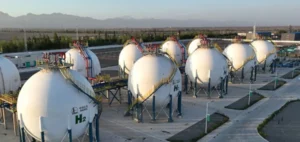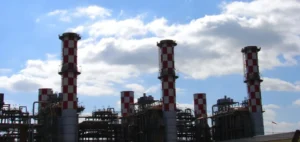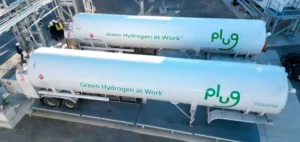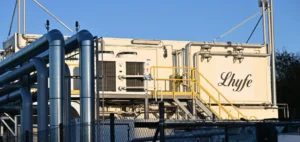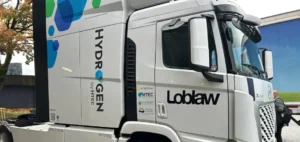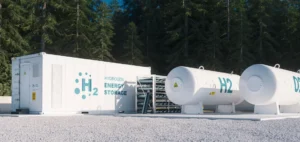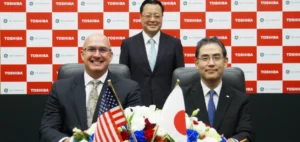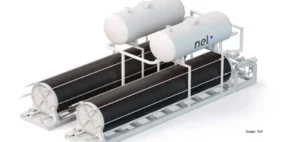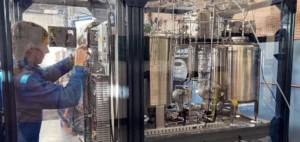The report published by the Cour des Comptes on June 5 regarding the decarbonised hydrogen sector in France prompted an immediate response from France Hydrogène. The organisation argues that the document presents an incomplete analysis, notably due to the omission of the recent revision of the National Hydrogen Strategy (Stratégie Nationale Hydrogène, SNH), formalised in April 2025. The revised strategy now targets 4.5 gigawatts (GW) of electrolysis capacity by 2030 and 8 GW by 2035, adjusted to reflect delays accumulated in previous years.
Differences over cost analysis
The Cour des Comptes’ report focuses on the costs associated with the sector’s development, suggesting that public investments should be tightly controlled. France Hydrogène disputes this approach, stating that the cost gap with fossil energy can be offset by market mechanisms involving the private sector, without requiring sustained subsidies. The association advocates for the implementation of tailored obligations to allocate the additional costs, while maintaining economic and social viability.
Overlooked economic benefits
France Hydrogène also accuses the Cour des Comptes of overlooking the potential economic benefits of developing the hydrogen sector. The organisation claims that decarbonised hydrogen could contribute to the creation of up to 66,000 jobs by 2035 and generate savings of nearly EUR6bn ($6.49bn) on France’s external energy bill. These figures are based on industrial forecasts, highlighting the potential for reshoring strategic value chains.
Infrastructure still underdeveloped
The association calls for an accelerated rollout of necessary infrastructure, including transport and storage networks, and urges the swift activation of instruments such as the Carbon Intensity Reduction Instrument for Consumption (IRICC). These tools are considered essential to efficiently structure a still-emerging sector, while allowing for gradual scale-up.
Philippe Boucly, President of France Hydrogène, warned about the urgency of action, stating that “the time for hesitation is over.” The association stresses the need to promptly support industrial and heavy transport uses, seen as key levers for the economic balance of the model.












